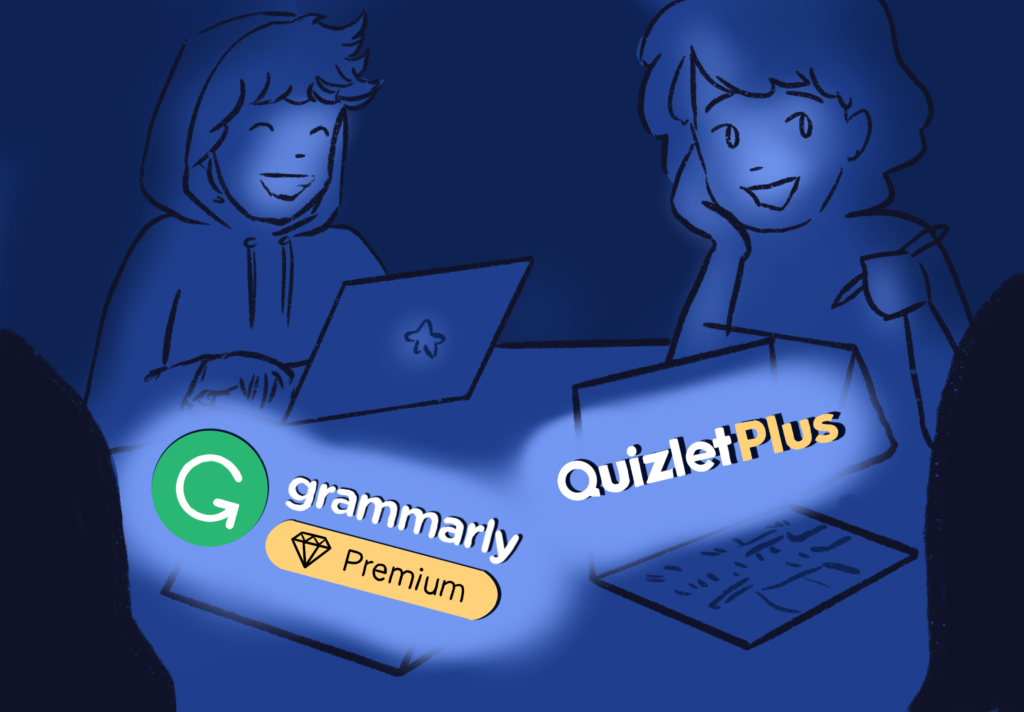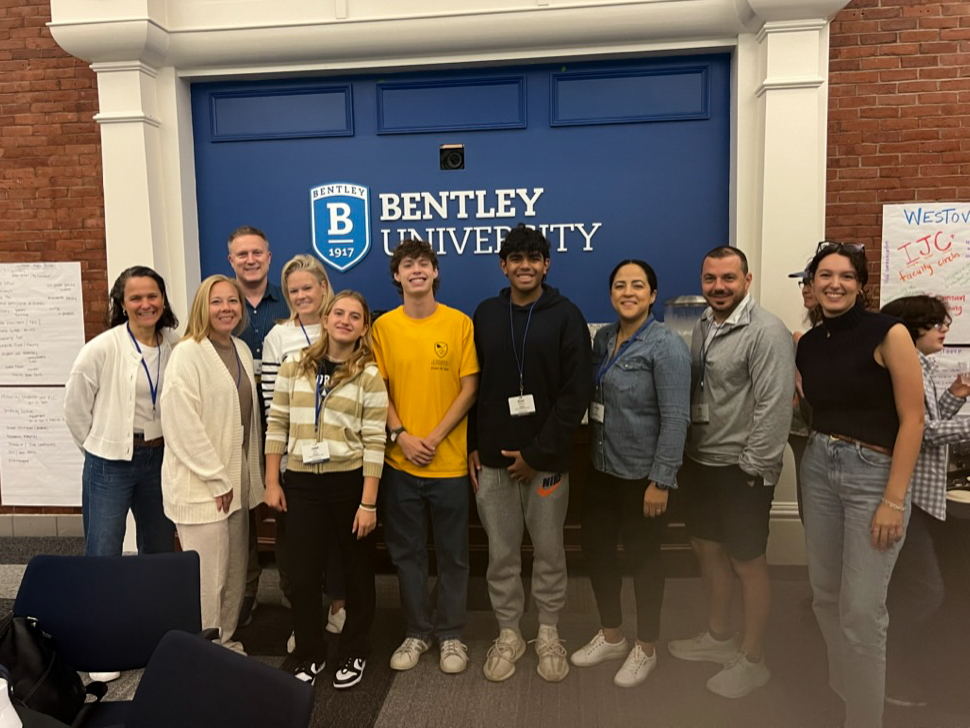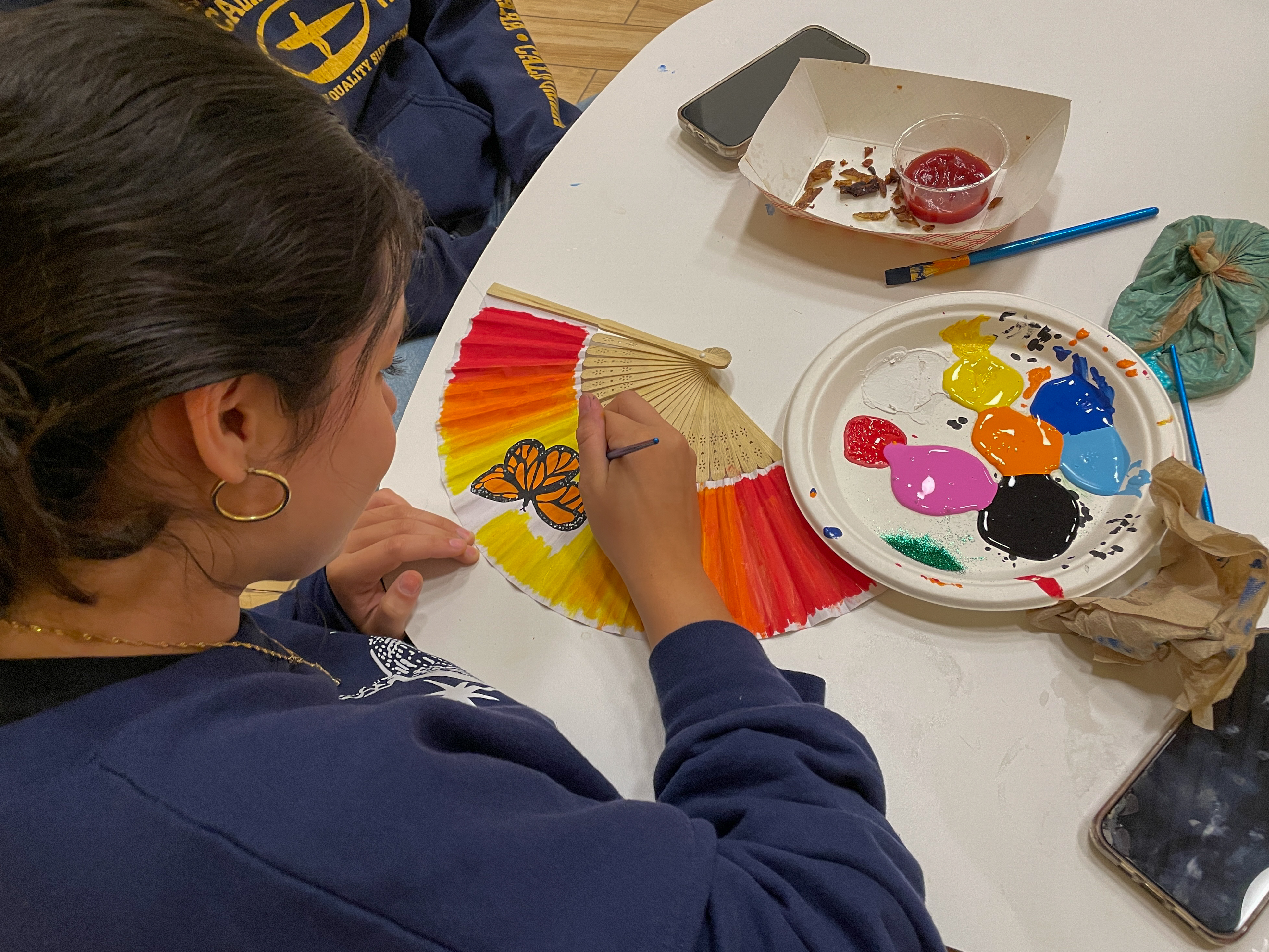During the first weeks back on campus, many students are busy readapting themselves to life at Choate. This year, however, one of the most prominent and unprecedented adjustments for students is the streamlined implementation of Reach as a daily sign-out program.
Mr. Will Morris, the Associate Dean of Students and Director of Residential Life, has led the transition to the new system. He explained, “The whole idea started with frustrations from students and the dean’s offices, particularly about the clearance process for leaving campus on a weekend. The idea was to create an additional system for more efficient weekend sign-outs. We later became aware of a product that was not only going to do that, but also help us with more broad communication about student whereabouts on campus. The responsibility that we have as a school, to keep track of all of our students, is something we take very seriously.”
This new system has been met with a myriad of responses. Some students feel that certain aspects of Reach have improved the sign-in process. Wilson Wang ’19, a prefect in Hill House, said, “It’s helpful in some ways. It’s easier to track where people are. You can also view the faces of people to get yourself familiarized with your prefectees, though the new kids’ pictures are still not available.”
On the other hand, some believe that Reach can be ineffective. Erica Vandenbulcke ’20 said, “I think the Reach system has its pros and cons, but it will take time to get used to. I don’t like how I have to update it every night, whereas with Google Sheets last year, I could put my entry in for at least three nights ahead.”
Audrey Powell ’19, a prefect in Bernard House, agreed, saying, “As of right now, the Reach system is inefficient and lacking in information. It requires you to update your location wherever you go, which takes a while given how long Reach takes to load, instead of simply indicating where you will be all night. You also cannot input as much information as a log sheet allowed. For example, if you’re going to Half Moon, you can only put ‘Town of Wallingford,’ which is something the advisers constantly warn us against because it’s unsafe in case of an emergency. While I do understand that Reach is a work in progress, I still believe that switching back to the log sheet until those issues are resolved would ultimately be much better for the student body.”
Sophie Mars ’19, also a prefect in Bernard House, added, “I know that Reach is supposed to consolidate information, but for prefects and advisers, inputting student-specific details is confusing and time-consuming. I only really know how to switch from ‘On Campus’ to a location. I miss Google Sheets.”
Students’ apprehension to the change comes as no surprise. Mr. Morris conceded, “Last year, we used Reach in a limited way. Issues often stemmed from students’ and advisers’ lack of familiarity. I know for the students who were here last year, the initial experiences with Reach were frustrating. Those frustrating memories are likely to linger.”
He went on, “The hope is that the changes this year, like using the website instead of the buggy app, will help. We were also able to tidy up login issues from last year. Now, with students and advisers using Reach daily, the whole community is going to get more familiar with it.”
The use of Reach is expected to help parents, too. Mr. Morris said, “A helpful component is improved communication with parents for student leave requests. Prior to Reach, parents wouldn’t necessarily have been informed about their students’ plans. Now, communication is handled automatically. Parents have more information about their students and what they’re planning to do, which we think is a positive thing.”
Reach may have more applications in the future. “We are still on the steep part of the learning curve as a community, but there’s a lot we hope to use this for,” stated Mr. Morris.
Mr. Morris also addressed the possibility of making school-sponsored trips easier: “The Students Activities Center will be able to utilize it when students want to sign up for trips. Let’s say you want to take the bus to New York City. The sign-up information will automatically be there, communicated through Reach.”
Students are encouraged to contact Mr. Morris about their outlook on the new system and how it can be improved. He concluded, “Feedback is really important. Students are welcome to share anything so we can be thoughtful of how Reach is working and how we can set it up in a way that is best for everyone.”




